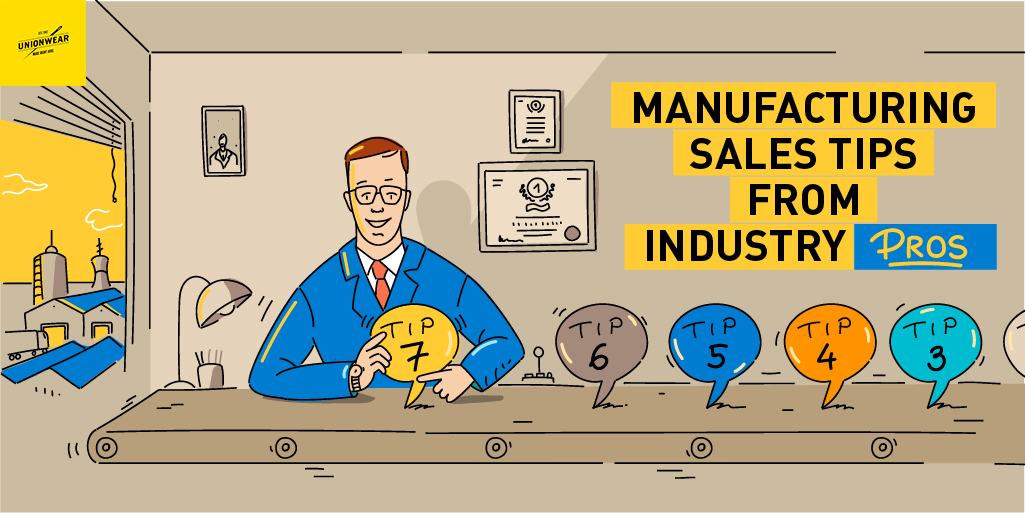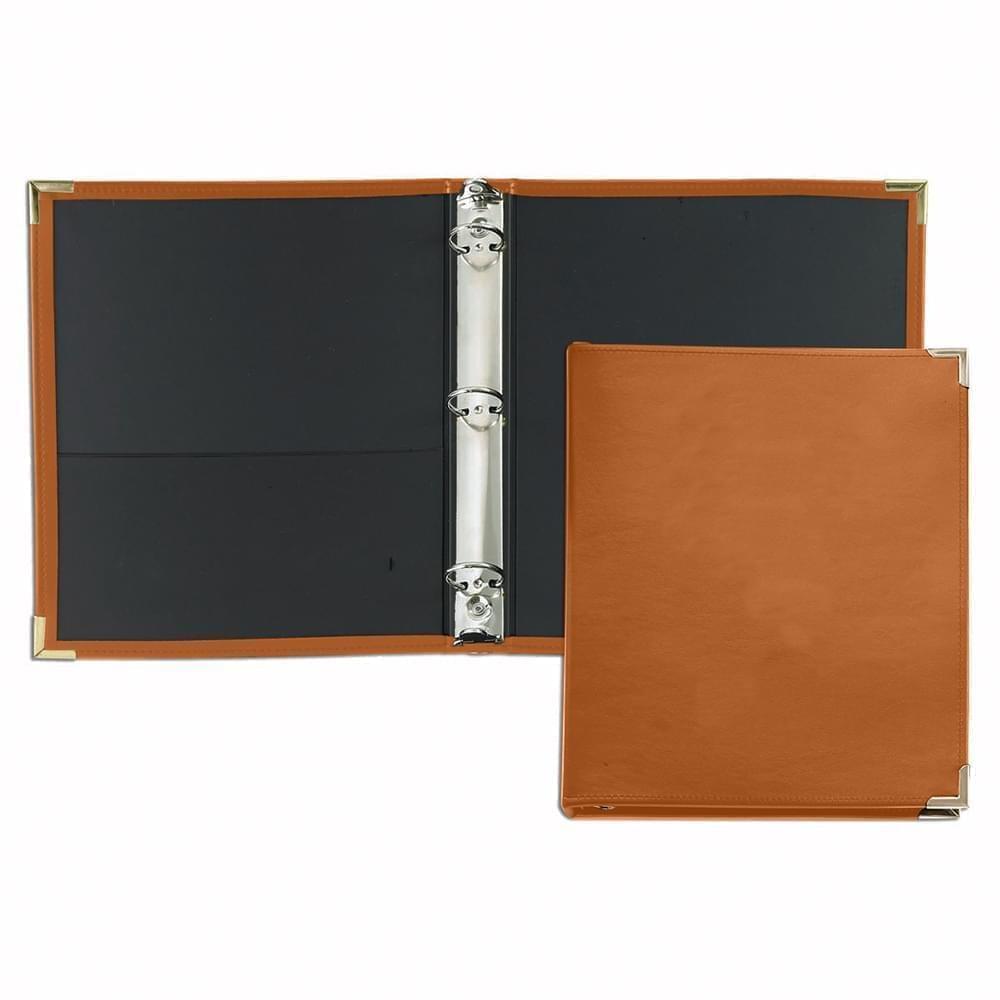
What makes manufacturing sales different than other sales?
Every manufacturing salesperson has two clients: the customer and the factory. The salesperson’s role is to get them to meet in the middle. This involves negotiating due dates, manufacturing processes, materials, quantities, and more.
Successful manufacturing salespeople must:
1 – be intimately familiar with the companies process and materials that are both in stock and accessible (and what accessibility means vis a vis timing and quantities).
2 – drive clients toward what the company can do, but sometimes drive the factory toward what the client needs.
3 – negotiate delivery dates. Both client and factory will buffer their dates and the salesperson needs to employ strategies to bring them closer together, like splitting up quantities or sacrificing other client dates to make orders happen. Questioning a client’s assertion of a drop-dead date is a delicate but necessary skill.
4 – configure and deliver price quotes at different quantity levels, often with different quality levels to give clients a choice.
5 – convince clients to change their conception of how their product will look or be manufactured to meet a price point.
6 – relate bad news to the client in a way that keeps them satisfied and willing to reorder (missed due date, short shipment or backorder)
7 – sell your factory on making something a client wants that is currently not in your company’s core competency
8 – know the complete order processing and manufacturing time frame so you know where there may be pitfalls or places you can intervene and expedite.
9 – cross-sell clients into other products made by the company or upsell them to add on features or higher quality products.
10 – know the segment(s) of the market they are selling to — how clients like to buy, how they are reselling or using your product, the competition, and their pricing trends, traditional markups, trends that could cause a spike or slowdown in sales, seasonality, and cyclicality.
11 – know how the company prices its products, where margins are tight and where there is room to negotiate, what factors might cause pricing changes in the near future, what the true bottom line price is at both large and small quantities.
12 – know the different types of clients and how to identify and handle them differently–over communicators, questioners of your business model, like to go over your head, won’t let you ever make money.
13 – understand the fundamentals of written contracts and the key points of all your contracts that might be negotiated–price, delivery, credit, service, guarantees, etc.
14 – know your company’s library of marketing materials, how to change them, and how to create your own
15 – create your own email blasts.
16 – monetize the graveyard of leads (trade shows, web visitors, inbound emails, dead quotes) that your company is probably sitting on.
17 – know your CRM inside and out and use its artificial intelligence to its greatest advantage–scoring and prioritizing who to call and follow up with.
18 – master time management and delegation, whatever that means for you.
19 – know your company culture and be able to project that to the outside world.
20 – always make price the least important part of any negotiation by stressing the qualities of your company and product and coming off as an unbiased expert in your product category.
21 – Understand MRP, ERP, Capacity Scheduling, Supply Chain Management (in Manufacturing the focus in this discipline is in purchasing, not distribution so much), and Outsourcing.
Read the newsletter by NJMEP HERE

 Dad Caps
Dad Caps
 Five Panel Hats
Five Panel Hats
 Mesh Back Hats
Mesh Back Hats
 In Stock Blanks
In Stock Blanks
 Snapback Hats
Snapback Hats
 Stretchfit Hats
Stretchfit Hats
 Duffel Bags
Duffel Bags
 Backpacks
Backpacks
 Tote Bags
Tote Bags
 Computer Bags
Computer Bags
 Sling Messenger Bags
Sling Messenger Bags
 Cooler Bags
Cooler Bags
 Cuff Hats
Cuff Hats
 Beanies
Beanies
 Scarves
Scarves
 Zipper Folders
Zipper Folders
 Stitched Folders
Stitched Folders
 Accordion Folders
Accordion Folders
 Ring Binders
Ring Binders
 Letter Folders
Letter Folders
 Clipboards
Clipboards

 Union Made In USA
Union Made In USA






